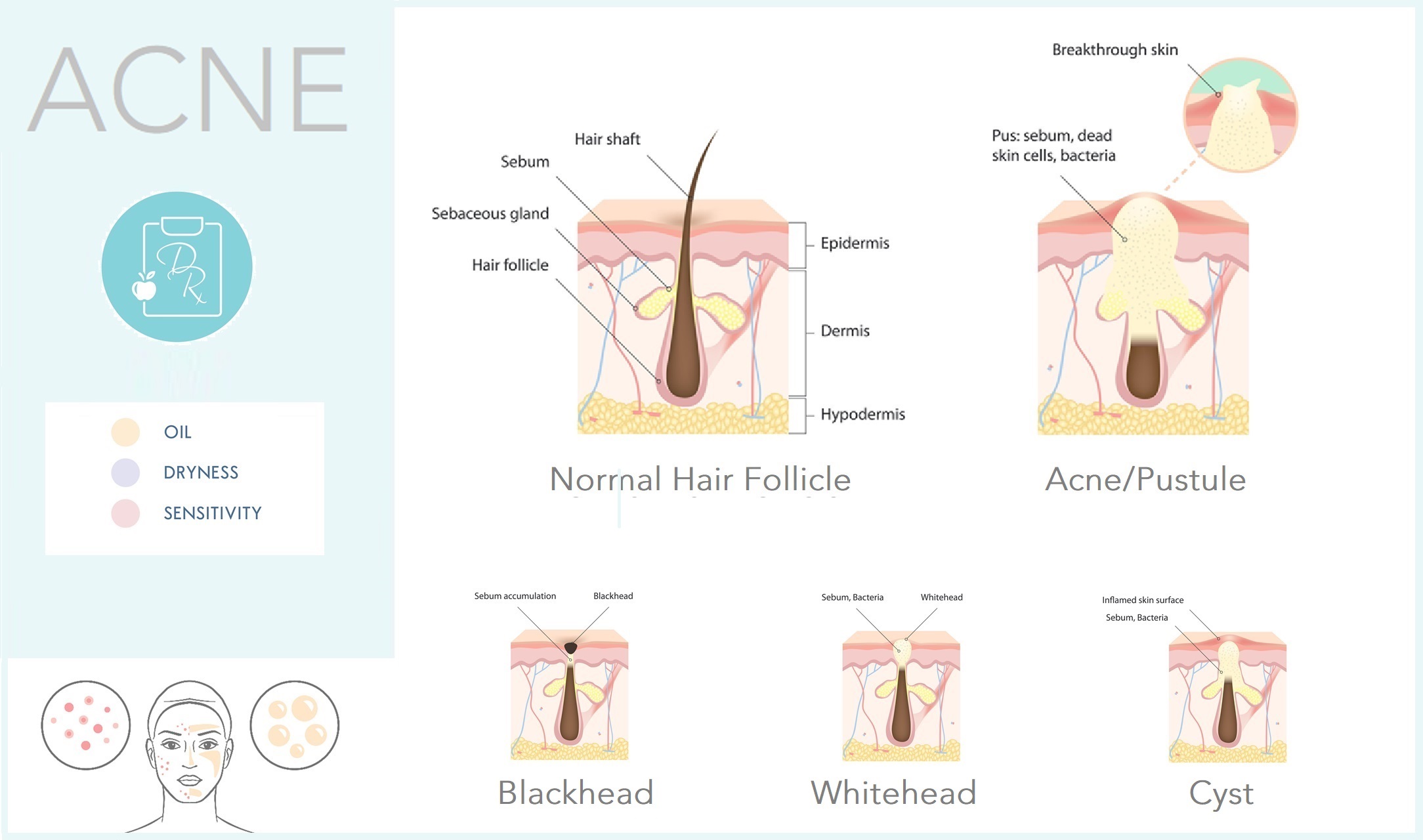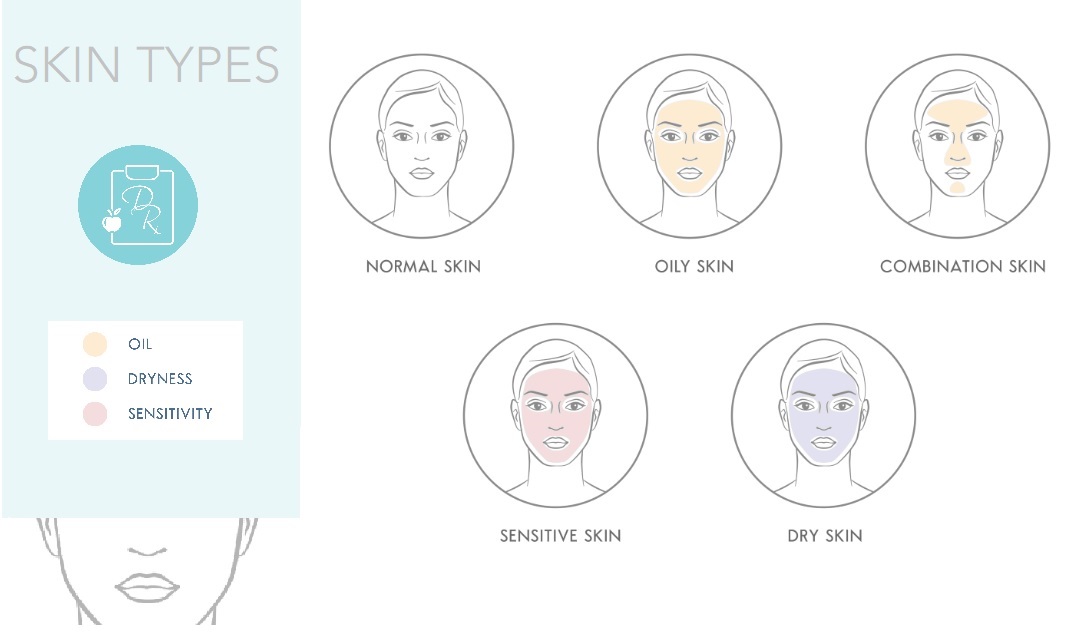Eczema: What is it?

Eczema: What is it?
Eczema or it’s medical term – ‘atopic dermatitis’ simply means easily irritated skin. The word “dermatitis” is derived from Latin and quite literally means “inflammation of the dermis (skin)”.
I find that this is the easiest and most literal way to think about eczema. The top layer of the skin is your body’s first line of defence within the biological skin system. It is very resilient, waterproof, and provides a thick protective layer over much more delicate structures beneath – muscles, blood vessels, nerves etc.
People who have eczema or “atopic dermatitis” have a weakened first line of defence of their skin. This means that things that aren’t normally a ‘threat’ to your skin become a threat. It also means that your skin isn’t as waterproof as it normally is. Hence- external irritants such as heat, cold, fragrances, detergents, pet fur and insect bites cause a much bigger reaction in your skin compared to someone with ‘normal’ skin or an intact first line of defence.
Because your skin has significantly decreased it’s normally waterproof capabilities- you need help to make your skin waterproof. This is why moisturisers, oily creams and other emollient creams are so important for people with eczematous skin. Oil repels water which is why when you place a drop of oil into a container full of water- it breaks into tiny little drops but it never mixes with the water. In the same way the oil or moisturisers placed on skin with eczema repels water and external irritants. More importantly- it provides a safe haven for the skin underneath to heal in its own time.
Any skin type can develop eczema or dermatitis but the skin types that are prone to eczema are dry or sensitive skin types. Simply because their natural baseline skin does not produce as many natural oils compared to ‘normal’ or ‘oily’ skin types.
When ‘oily’ or ‘normal’ skin types develop eczema it is often a small localised area that has directly been bombarded with a constant stream of irritants. The most common example is hand eczema in people who regularly wash their hands such as healthcare workers, hairdressers, kitchen-hands or new mothers.
The key to controlling eczema is knowledge of the irritants that you are exposed to and minimising these irritants. The second most important step is helping your skin to become waterproof for a period of time with the help of moisturisers and emollient creams.

